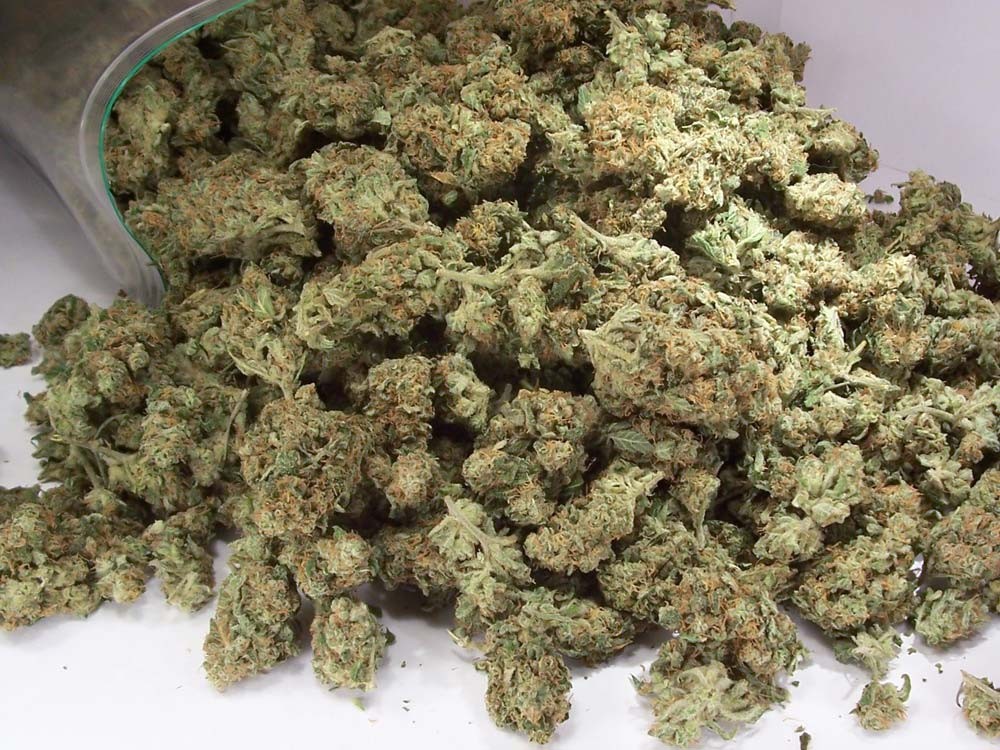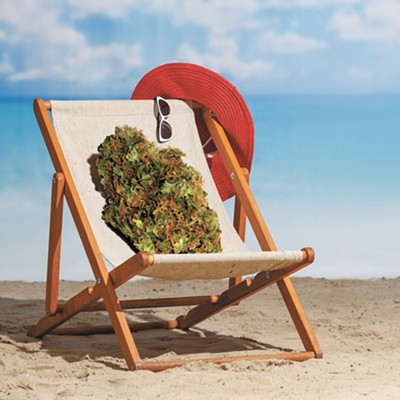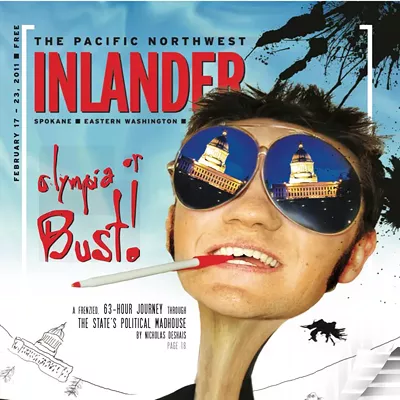The War on Drugs is not going well. Earlier this month, the Global Commission on Drug Policy — a 19-member group that includes former presidents and prime ministers of five nations, a previous secretary general of the United Nations and a retired U.S. secretary of state — declared the war a failure.
The Obama administration won’t even use the term. And in Washington state, a diverse group of marijuana advocates is taking it a step further, by reviving a bill (which died in this year’s legislative session) that would legalize pot and sell it in state-licensed stores.*
If the group achieves its goal, Washington would be the first state to legalize marijuana.
The group, New Approach Washington, counts among its sponsors Pete Holmes, Seattle’s city attorney; Rick Steves, a well-known travel personality; and Salvador Mungia and Mark Johnson, the two most recent presidents of the Washington State Bar Association. Dr. Kim Thorburn, the former chief public health official for the Spokane area, is also a sponsor.
The initiative is based on House Bill 1550, which was introduced by state Rep. Mary Lou Dickerson, a Seattle lawmaker.
According to the initiative, marijuana would be sold in “state-licensed, marijuana-only stores” regulated by the Liquor Control Board. The group estimates that the law would generate $215 million in state funds each year, the vast majority of which would go to dedicated programs related to health, addiction and marijuana research.
Alison Holcomb, who is “on loan” from her position as drug policy director for the ACLU of Washington, is directing the campaign. She says the goal is to collect 300,000 signatures by year’s end, even though only 241,000 are needed. Unlike previous marijuana initiatives, the campaign will utilize paid signature gatherers.
As a legislative initiative, the potential law would first head to Olympia after it collected enough valid signatures, where the Legislature could pass it as is, amend it or vote it down. If lawmakers approve the initiative, it becomes law. If it is amended, both the original and the amended version of the initiative will be placed on the ballot for voters to scrutinize. If it’s killed, it goes alone to the ballot a year from this November.
“Obviously, we want them to simply pass it,” says Holcomb.
In a December poll, Holcomb says, Washingtonians both for and against legalization each represented about 50 percent of respondents. Six months later, the split was 53-40 in favor of legalization.
“We’re confident we can hold onto that majority through November 2012,” Holcomb says.
* An earlier version of this story mischaracterized the state's role in store ownership, under the new proposal.

























